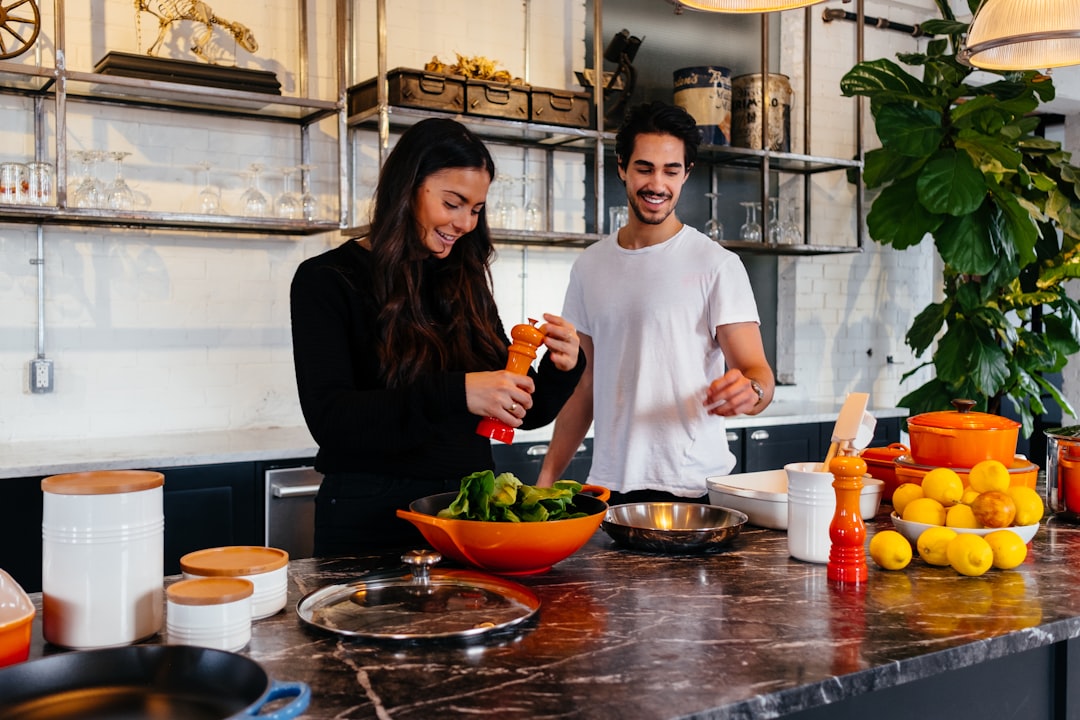Chef Pūkenga Tao Kai
Chefs prepare and cook food in restaurants, hotels, catering businesses, rest homes, cafes and bars.
Chefs may do some or all of the following:
- prepare and cook food according to customers' orders
- arrange food on plates
- design, plan and price menus
- train and supervise staff
- keep work areas clean and tidy, and adhere to health and safety standards
- order food supplies and cooking equipment
- supervise cleaning and dishwashing
- keep records of supplies.
Physical Requirements
Chefs need to have a good sense of taste and smell. They also need to have a reasonable level of strength, fitness and stamina as they often have to carry heavy items, such as bulk ingredients, and spend long hours on their feet.
Useful Experience
Useful experience for chefs includes:
- work as a kitchen assistant or kitchenhand
- staging (internships in chefs' kitchens to learn their techniques and cuisine)
- any work involving preparing food for others
- any hospitality industry experience
- catering experience
- bakery work.
Personal Qualities
Chefs need to be:
- reliable
- able to work well under pressure
- able to work well in a team
- willing to learn new cooking methods, recipes and menus
- organised, quick and efficient, while still being patient and careful
- creative and open-minded
- able to follow instructions
- good at planning
- good at communicating and managing people.
Skills
Chefs need to have:
- food preparation, cooking and food presentation skills
- knowledge of budgeting, stock management, and how to price and set up a menu
- understanding of hygiene and health and safety regulations
- knowledge of new developments in food nutrition, food technology and cooking methods.
Conditions
Chefs:
- usually work long hours, including evenings and weekends, and may be on call
- work in factory, hospital or school cafeterias, restaurants, cafes, pubs and rest homes
- work in kitchens in conditions that can be hot, noisy and stressful because food must be prepared quickly and to high standards
- sometimes travel to food festivals and events, or to attend cooking competitions.
Subject Recommendations
There are no specific secondary education requirements for this job, but home economics (food and nutrition) and NCEA Level 1 numeracy and literacy credits are useful.
Chefs can earn around $23-$25 per hour.
Chances of getting a job as a Chef are good due to a shortage of people interested in this type of work.
Pay for chefs varies depending on the size, type and location of the establishment they work in, and the position they hold.
- Apprentice and commis chefs usually earn minimum wage or a little more.
- Chefs de partie usually earn an average of $25 an hour.
- Sous chefs usually earn an average of $27 an hour.
- Head and executive chefs can earn an average of $29 to $38 an hour.
Source: careers.govt.nz research, 2023.
Chefs may progress through different levels:
- Commis chefs work in all areas of the kitchen. They prepare and cook food, and may also wash dishes and clean the kitchen area.
- Chefs de partie are in charge of one section of the kitchen such as fish or pastry. They train and supervise staff in their sections, and may plan menus, and buy food and equipment.
- Sous chefs are second-in-charge, and manage the kitchen in the absence of the head chef.
- Head and executive chefs are responsible for the whole kitchen, including staff management, budgets and menus.
Chefs may specialise in different cuisines such as French or Japanese.
Years Of Training
1-3 years of training usually required.There are no specific requirements to become a chef. However, a cookery qualification may be useful. You may complete a:
- two to three year, on-the-job apprenticeship, including study towards a New Zealand Certificate in Hospitality (Cookery) (Level 4)
- one year, full-time New Zealand Certificate in Cookery (Level 3)
- one year, full-time New Zealand Certificate in Hospitality (Cookery) (Level 4).
You can also train to be a chef with the New Zealand Army or Royal New Zealand Navy.

 Auckland Seventh-Day Adventist H S
Auckland Seventh-Day Adventist H S